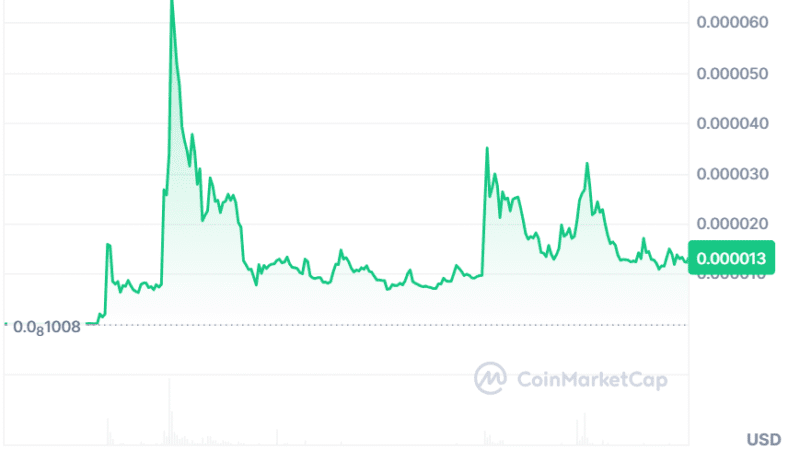Microsoft Secures $17.4B AI Capacity Deal with Nebius
- Microsoft and Nebius secure a multi-year AI GPU contract.
- Nebius market cap surged substantially post-announcement.
- AI mining industry expected to see further investments.

Nebius, in partnership with Microsoft, announced a $17.4 billion deal on AI GPU data capacity, boosting Nebius stock by 47% in pre-market trading.
The deal underscores Nebius’s market impact, driving gains in Cipher Mining and IREN stocks, and highlights Microsoft’s ongoing AI capacity challenges.
The $17.4 billion agreement between Microsoft and Nebius promises significant AI GPU capacity. This deal positions Nebius as a critical infrastructure provider, resulting in pre-market trading gains for Nebius stocks by more than 47 percent.
Microsoft and Nebius, originally part of Yandex, have entered a transformative multi-year contract. The agreement includes supplying 300 MW of GPU data center capacity, underlining Microsoft’s strategy to meet rising AI workload demands.
The announcement caused a ripple effect in the AI mining sector, raising shares of related companies like Cipher Mining and IREN. This indicates elevated expectations within the market for further expansions in AI infrastructure capabilities.
The financial implications involve long-term revenue for Nebius and enhanced debt structuring options. This aligns with the current demands and supply gaps in AI workloads, as confirmed by Microsoft’s CFO Amy Hood.
“We continue to experience capacity shortages for AI workloads, with demand exceeding capacity into late 2024.” – Techzine
The Nebius-Microsoft agreement might lead to stronger AI compute capabilities worldwide. Increased demand could attract further investments and partnerships in the AI mining field, highlighting both opportunities and potential regulatory reviews.
Considering past precedents, Microsoft aligns itself well amidst global capacity shortages. Historically, such deals drive revaluations among involved parties, signaling possible strategic benefits and growth potential for AI and GPU-related assets.




